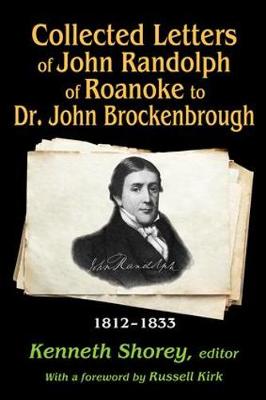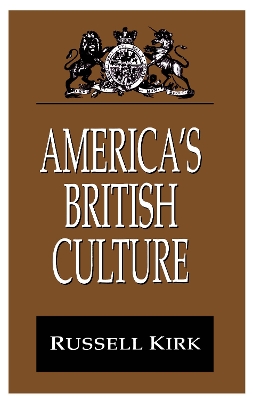Library of Conservative Thought
2 total works
Collected Letters of John Randolph of Roanoke to Dr. John Brockenbrough
by Russell Kirk and Kenneth Shorey
This volume presents a complete collection of correspondence between John Randolph of Roanoke, Virginia, and his close friend Dr. John Brockenbrough, a Richmond physician. Randolph was an eloquent man, the most talented extemporaneous speaker of the House of Representatives in his day and often wrote biting social commentatary. Of special interest in this collection are his critical comments on Thomas Jefferson, James Madison, James Monroe, John Adams, John Quincy Adams, Henry Clay, John Marshall, and many other leading figures of the period. Randolph's correspondence with Brockenbrough touches upon the principal political controversies of his time, from the War of 1812 to South Carolina's Nullification Crisis of 1832. From the trial of Aaron Burr until his fantastic end in a Philadelphia hotel, John Randolph confided in John Brockenbrough. This book records the friendship of a gifted politician and a sober physician. It also reveals a great deal about an era of American history that ought to be studied more closely.

